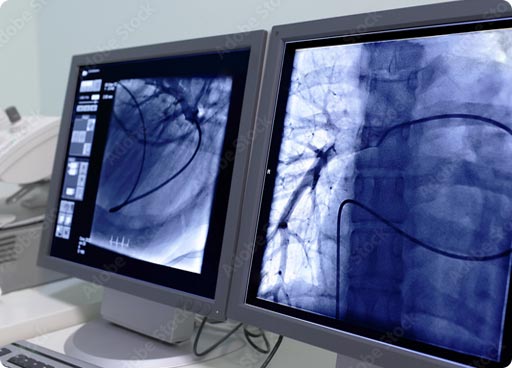

– To explore the immunological mechanisms (common or opposite) involved in carcinogenesis and responses to anti-cancer immunotherapy, as well as in inflammatory autoimmune disease with increased risk of cancer. One of the expected goals is the identification of immunological signatures of cancerous, inflammatory and healthy tissues.
– Diagnostic and therapeutic innovations based on the use of new cancer modeling tools such as organoids or spheroids of tumors or autoimmune disease target organs. Innovative cell culture techniques will be used to design and test new anti-cancer or anti-inflammatory immunotherapies on a large scale.
– Clinical trials and new patient management : The implementation of therapeutic trials evaluating new immunotherapies or new combinations with, for example, anti-inflammatory cytokines (TNF, IL-6, IL-13), will allow the development of anti-cancer or immunological treatments.
– Artificial intelligence modeling will integrate all clinical, biological and environmental parameters thanks to the involvement of mathematicians, data scientists and epidemiologists using automatic learning methods by deep learning applied to the data shared and collected within the framework of the DIM. The objective will be to develop models capable of predicting responses to treatments and their side effects.


To create this ecosystem of multidisciplinary experts, the first projects aim to create two experimental platforms open to the network’s partner research teams and a database :
– A digital infrastructure for research in Immuno-Onco-Auto-Immunity coupled with a highly characterized biological collection.
– A state-of-the-art immunological analysis platform focusing on transcriptomic, epitranscriptomic, metabolomic and proteomic analysis of tissues from patients with cancer or autoimmune diseases who have developed cancer.
– The creation of an interoperable ITAC database (retrospective and prospective). This is one of the structuring projects of this program. It will promote research in immunotherapy and cross-fertilize the two application sectors of oncology and autoimmune diseases by integrating existing databases. Deployed in the recruiting centers, this database will evolve dynamically over time by integrating epidemiological, environmental and nutritional data. It is intended to be open to national and European initiatives.
